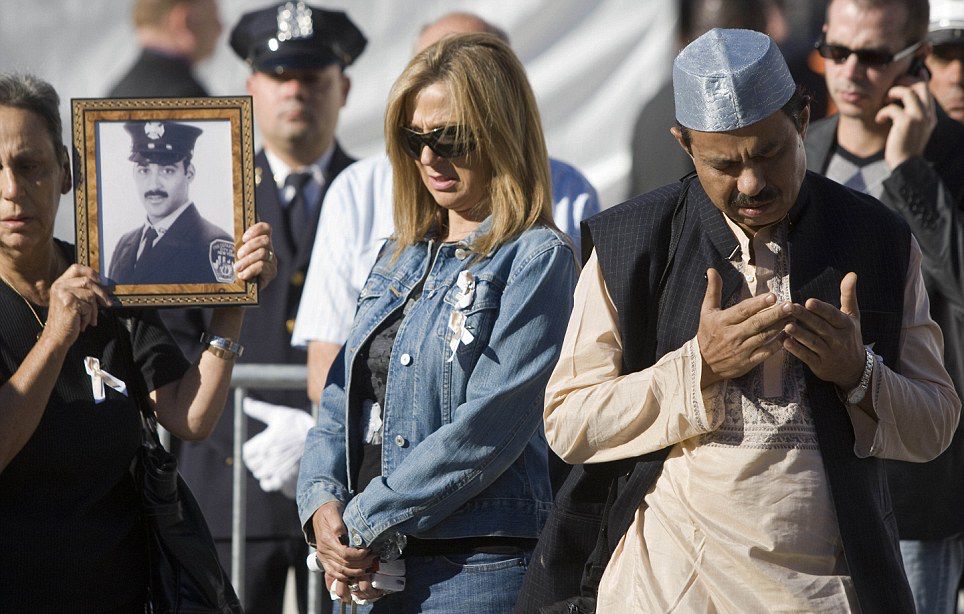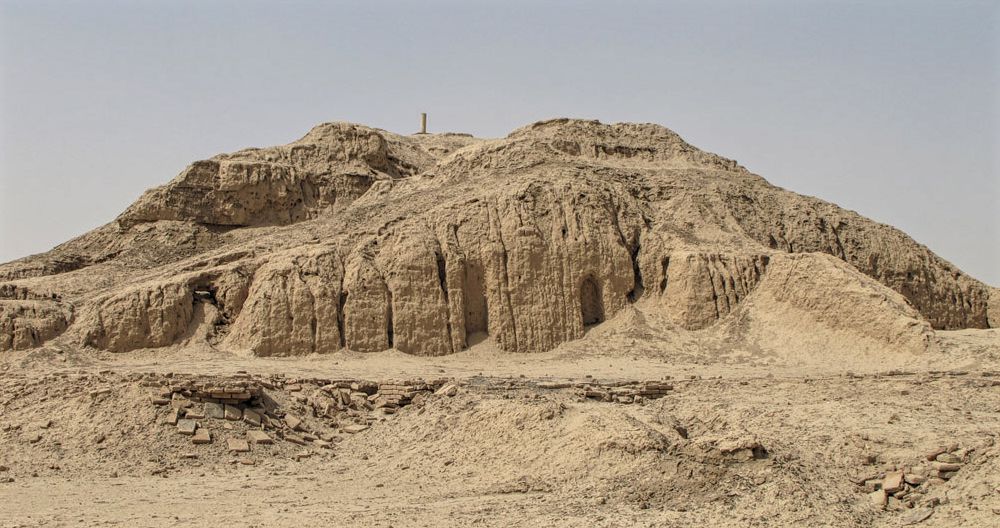Of Loss and Community

On the 15th anniversary of the destruction that wounded a country, the National September 11 Memorial & Museum brimmed with some 8,000 people who had gathered to mourn and honor the people and community lost on that clear late-summer morning. The setting was fully 21st century, but the gathering had its roots in the dawn of civilization, when vanquished communities sang or told stories of their grief and loss.
Known as laments for fallen cities, they date to at least 2000 BCE and the oldest Sumerian cities. A new book co-edited by a UC Santa Barbara scholar examines this ancient tradition. “The Fall of Cities in the Mediterranean: Commemoration in Literature, Folk-Song, and Liturgy” (Cambridge University Press, 2016), co-edited by Dorota Dutsch, an associate professor of classics at UCSB, traces the origins of and offers insights into those commemorations.
“It’s a very old tradition, but it’s not as much spoken about as individual lament,” Dutsch noted. “We speak of cities, but there is also lament for communities, lament for lost communities.”
One of the earliest forms of public commemorations, city laments served as more than expressions of grief, she explained. They were a way to keep alive the memories of a city or community and, in some, a way to recover after a devastating loss. In one of Dutsch’s favorite tales of lament, found in “The Persians” by Aeschylus, the playwright represents the Persians’s wailing and keening as signs of weakness. “Aeschylus meant to represent it as, ‘Look at those Persians. We have completely conquered them and they are weeping.’ ”
But Dutsch said Aeschylus, who was a war veteran, let slip the therapeutic powers of the lament. The conquered Persians cried mightily, but much of the focus was on their devastated king and helping him to recover his confidence and lead them again. “Aeschylus represented this ritual, which has something really useful about it, and it showed how to reintegrate somebody who has lost a war and has experienced a terrible disaster back into community and get on with living,” Dutsch explained. “There is more to lament than just wailing. It can be a constructive and healing performance.”
“The Fall of Cities,” which was co-edited with Mary R. Bachvarova of Willamette University and Ann Suter of the University of Rhode Island, takes a close look at laments through the millennia, from ancient Mesopotamia to Troy, to Rome, to Constantinople and the Greek city of Smyrna in the 1920s in what is now Turkey. Of those, Dutsch found the laments of Rome intriguing for what’s missing. “I was very surprised at the lack of lament for the sack of Rome,” she said. “Very strange. When Rome fell there is no, ‘Oh, our great city fell.’ There’s nothing. One doesn’t lament an eternal city.”
Elsewhere, the pain of loss is palpable. The destruction of a city is devastating, and the laments mourn the disappearance of community. And, Dutsch said, they can be an example for us today. “I think the most crucial thing about this book is to show how important it is for communities to acknowledge loss and draw lessons from it and draw strength from it,” she explained. “It’s really strange to draw strength from loss, but that’s what has happened over time with all those losses.”
Mourning isn’t fashionable in the 21st century, according to Dutsch. “We don’t often allow ourselves lament,” she explained. “And yet we cannot escape it. Think of the recent images from Paris, Beirut, New Orleans, Ankara or Nice. You will recall images of people who gather in their neighborhoods to grieve — as communities. These are moments of crisis. The mourners mingle words of sorrow and comfort with threats against external and internal enemies. Modern Western obsession with happiness does not prepare us well to handle such moments. Turning toward other cultures — including the past — can be very helpful. The past of course has no easy recipes for us. But it offers an immense wealth of ritual scripts, songs and reflections on how communities can draw strength from loss.”





